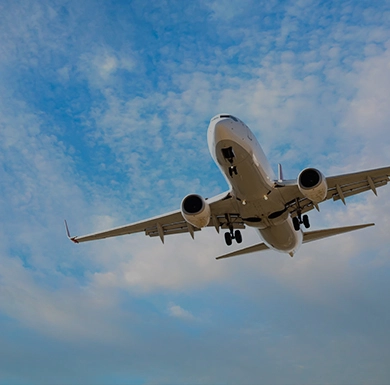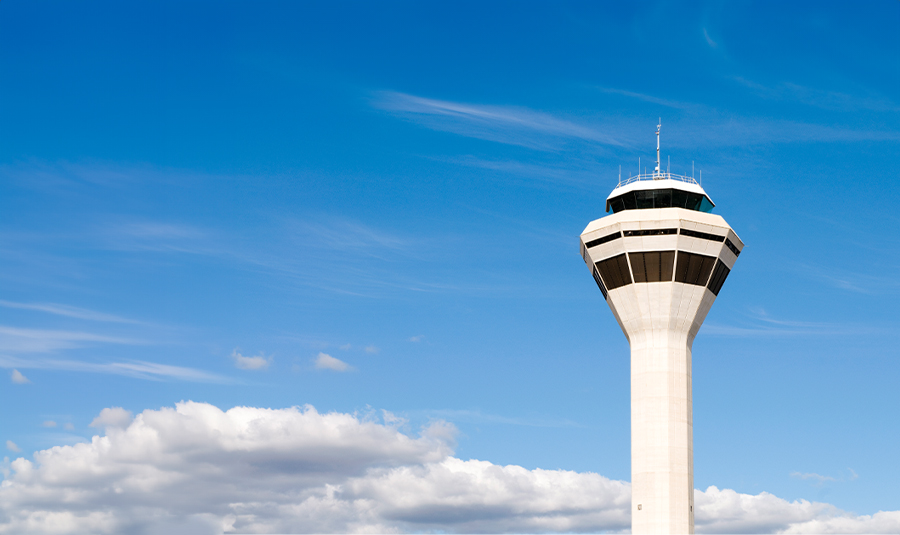
Are you trying to obtain your FAA medical after failing a neuropsychological evaluation? We have helped many pilots and aspiring pilots who have been denied FAA medical certification because they performed poorly on a neuropsychological evaluation. The FAA requires pilots to undertake neuropsychological or cognitive testing for a number of reasons, including having a history of ADHD, stroke, substance dependence, traumatic brain injury, mental health treatment with an antidepressant, and/or HIV, among other reasons.
The purpose of neuropsychological testing is to assess whether the airman or applicant has cognitive deficiencies caused by the underlying condition that could pose a risk to aviation safety. Deficiencies in areas such attention/concentration, executive functioning, memory, processing speed, language functioning, visuospatial/motor coordination, and/or personality traits could suggest more risk than the FAA is willing to accept for the National Airspace System.
If the FAA receives a report from a HIMS neuropsychologist which suggests you’re your cognitive functioning is less than expected compared to “pilot norms,” the FAA will likely deny your application for medical certification due to “cognitive deficiencies” in accordance with 14 C.F.R. §§67.107(c), 67.207(c), and 67.307(c). Unfortunately, most airmen don’t realize that if they fail a neuropsychological evaluation, they can retest. Generally speaking, if at first you produce insufficient results, but later demonstrate improved scores through repeat testing, the FAA may accept the updated results. Although the FAA will look at all of your test results together, if your scores improve, the FAA will consider that, generally, as an improvement.
We often compare neuropsychological testing to an x-ray: if the first shows a break but the second shows healing, the improvement can be used to your advantage. If the first x-ray shows a broken bone (or in this case, impaired neurocognitive functioning) but a subsequent x-ray shows the bone to be healed (or, rather, your cognitive functioning has improved), it is possible to show the FAA that cognitive functioning has progressed to a point where risk to aviation safety is effectively mitigated.
If you are trying to get a FAA medical after failing a neuropsychological evaluation, the first question to ask is this: why was your first testing impaired? Too often, we hear from airmen that they didn’t know what to expect during the testing or that they showed up for testing and didn’t sleep the night before. Our first counsel to individuals undertaking neuropsychological testing is that they need to understand what they are getting involved with.
The FAA produces information on what can generally be expected during testing; however, for the purposes of safeguarding the process, the actual testing protocols are not published. Moreover, it is critical that you are rested before going into testing. Neuropsychological testing requires focus and attention to detail – if you are working off of two hours of sleep, you are only hurting your chances of success.
We often hear that rapport with the evaluator can have an effect on the outcome of results. For this reason, we believe it is important that before the airman commits to testing with a neuropsychologist, that the airman have a phone call or have some inclination that they will get along with the evaluator. The FAA produces a list of the qualified HIMS neuropsychologists for airmen to consider. We recommend that you call around to find someone whose personality and approach align with your
Lastly, many times, engagement with cognitive rehabilitation and/or better treatment of the underlying condition which precipitated the testing can help. Many times we have airmen improve after additional time passes.
Ultimately, the regulations which relate to cognitive functioning require that the evidence you put in front of the FAA supports that you will not be a risk to aviation safety. This is a matter which requires a lawyer’s understanding of how fact (i.e., medical evidence) will be applied to law.
Contact the Aviation Lawyers from The Ison Law Firm Aviation Lawyers for Help Today
You need both a pilot and a lawyer on your side for your aviation law needs. Don’t hesitate to contact our team from The Ison Law Firm Aviation Lawyers to schedule a confidential consultation with an experienced aviation lawyer today.
We’re pilots representing pilots. The Ison Law Firm Aviation Lawyers offers FAA enforcement defense and medical certification representation worldwide!
The Ison Law Firm Aviation Lawyers
Phone: Toll-Free 855-322-1215
Office Hours: Mon – Thu, 9:00 AM to 5:00 PM
Fri, 9:00 AM to 12:00 PM
Disclaimer: Messages left for attorneys after these business hours will be addressed the following business day, during business hours.

